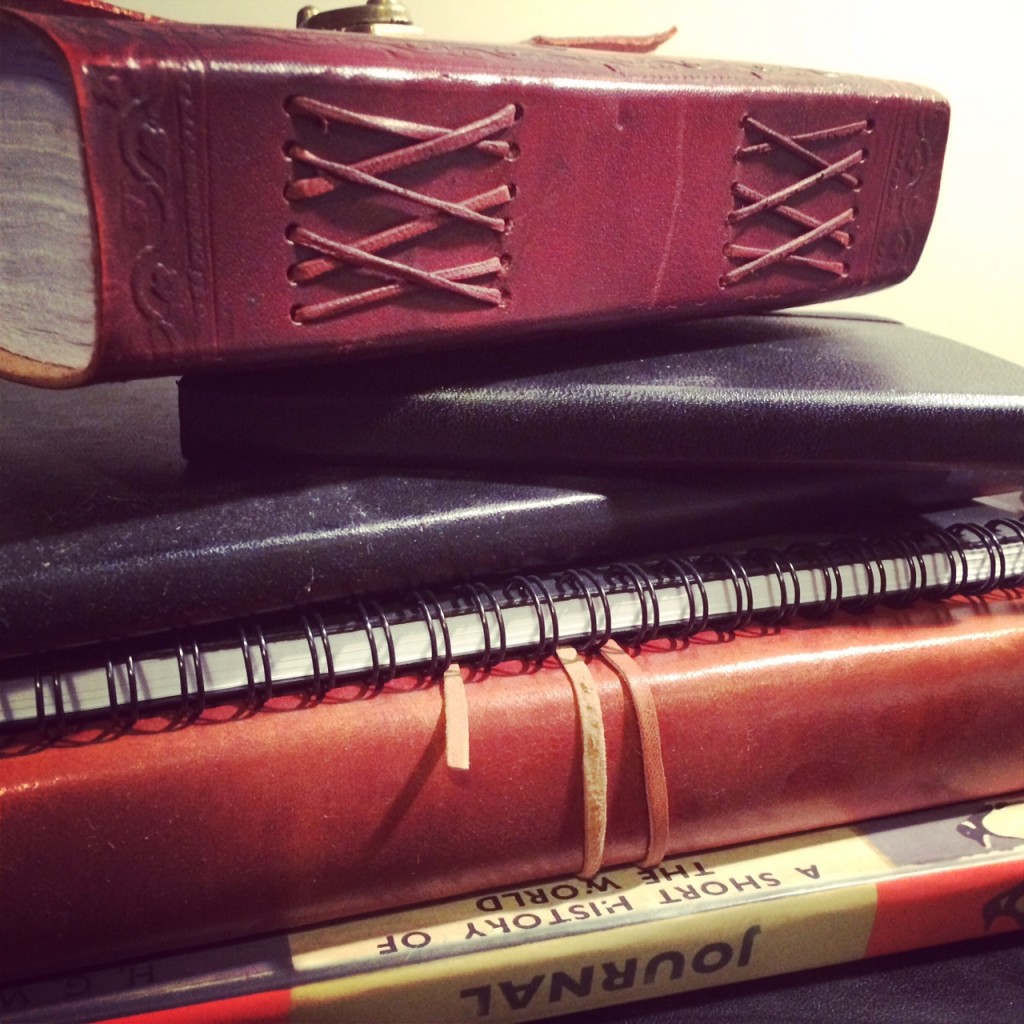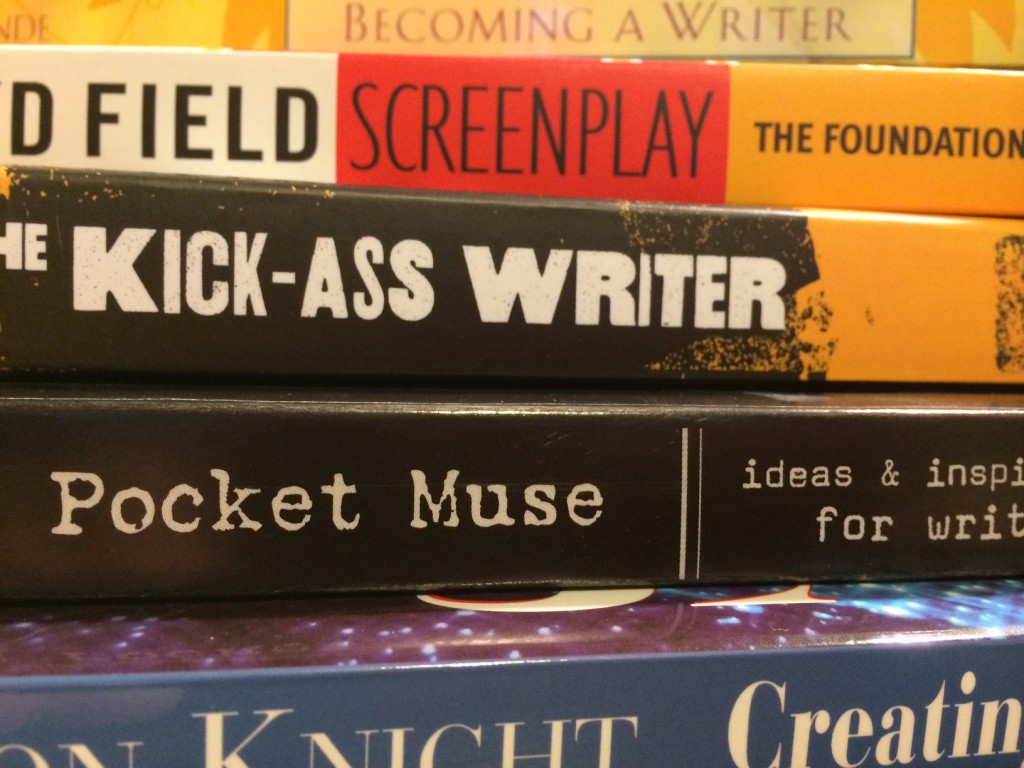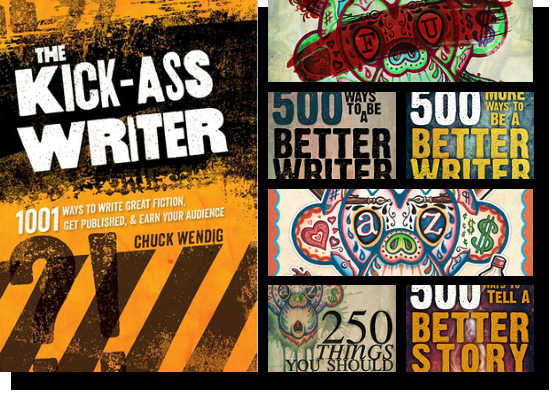I have started seeing a lot more about online creative writing courses in the past year. Last week, I received an email from Random House’s own programme, The Writers’ Academy, pitching their newest online course. The email highlighted three main benefits to taking an online creative writing course as opposed to a traditional in-person class: 1) you can work where you want – from anywhere in the world, in your pjs, or in a café; 2) you can work when you want – fit it in when you have the time; and 3) the availability of the course globally leads to potential feedback from peers from all walks of life and backgrounds.
These are all good points. The sheer ease of doing an online course opposed to trying to find a good curriculum for an in-person course that is close enough to home to make the commute do-able points to online courses being the way forward. However, when I stopped to think about it, I realized that if I had done an online course, I would have missed out on the three most valuable things I took away from my creative writing course: 1) forcing myself to read my own work in front of others; 2) getting feedback face-to-face (it is harder for people to lie/placate you if their face betrays them!); and 3) developing a community of peers that can continue to give constructive face-to-face feedback after the course has finished.
So, what’s right for you? Perhaps you live in the middle of nowhere and the increasing popularity of online courses means you can finally take some creative writing lessons! But those of us who live a little closer to face-to-face classes, what’s the right choice for you? I would always argue for doing something in person, but if your schedule is too hectic, online may be the way to go.
The writer as a social creature
As much as many of us writers would like to hunker down in our writing dens, never to come across another living soul until we have produced the perfect manuscript, this doesn’t really do anyone any favours. While you are writing, it is true that you need to be the only audience that likes it. If you like it and think it would be something you’d enjoy reading, then you’re golden. But what about when it comes to editing? How many of us have stared at the same thing for an age, not being able to find the thing we’re looking for despite it staring us in the face? Relax! It happens! And it especially happens when you look at your own writing.
Socializing with fellow writers is incredibly important for writers who are just starting out – as well as established authors. I wish that I could tell you all that once you’ve found publishing and commercial success, the worry about whether your work is good enough goes away. But from every interview I’ve read and talk I’ve attended, it seems that writers never grow out of their self-esteem issues. While feedback from anyone who reads your work is helpful, there’s nothing more valuable from someone who both loves reading and writes themselves. Why? These people are far better qualified to give constructive feedback – they might have ideas on how you could do something differently rather than just saying it didn’t work for them or they did/didn’t like it.
One of the biggest reasons for being social – and not just online – is to be able to convey (and interpret) feedback with the right tone. No matter how good a writer you (think you) are, giving feedback via a written interface always has the potential to go horribly wrong. Perhaps you meant some piece of feedback in a constructive way, but the person on the other end takes it as a direct insult. It is also much easier for people to lie online than it is face-to-face. There is a lot of talk about the anonymity of the internet making way for trolls, but where’s the coverage of the anonymity allowing for people to simply stroke egos? Saying you like something simply because you don’t want to offend the writer isn’t helpful for them – how will they learn? It’s harder (for most non-psychopaths) to lie in person. Can you ever really be sure if these people are being honest with you if you’ve never even met?
The oral tradition of storytelling
 Most of us who write prose don’t tend to think of our works within an oral tradition – poets are much better at this. They know that poetry is often read aloud or performed. But if you think about it, telling stories in a prose style is a direct descendent of ancient oral storytelling traditions. When your writing tutors constantly drill into you that you should read your work aloud when editing, they aren’t kidding. It really does help. Read it out loud to yourself, to your pet, to your neighbor, but most importantly, the experience of reading aloud to an audience is critical. The larger the group you are reading for, the better.
Most of us who write prose don’t tend to think of our works within an oral tradition – poets are much better at this. They know that poetry is often read aloud or performed. But if you think about it, telling stories in a prose style is a direct descendent of ancient oral storytelling traditions. When your writing tutors constantly drill into you that you should read your work aloud when editing, they aren’t kidding. It really does help. Read it out loud to yourself, to your pet, to your neighbor, but most importantly, the experience of reading aloud to an audience is critical. The larger the group you are reading for, the better.
I’m not saying that you need to dive into the deep end and read for a literary festival as your first experience. Start off with friends and family, then move on to writing peers who will be a bit more critical, then make your way up to small (at first) public reading events. And there are loads. When you are reading to a large audience it is very easy to tell when they are losing interest – the fidgeting starts, they have glazed looks in their eyes – or worst of all, they start talking amongst themselves. Then again, when an entire room full of people really gets what you’re doing with your writing, that feeling can be overwhelmingly amazing. When you combine reading out loud with nerves, it also helps to trip up the tongue. Note down every phrase you trip over. It can probably be improved.
The writing disease requires its own support group
Alcoholics, addicts, victims of crime, families of the ill, depressed individuals, you name it and there’s probably a support group in your community to help you with it. Personally, I think writing is often akin to an affliction. It causes mental distress, a tendency towards hermitism, and very low self-esteem in many cases. So where are our support groups? Whatever people tell you is the reason for joining a writing group, trust me, the main reason is this: to know there are others out there also struggling who can feel your pain and maybe help you through it. Creating art can be hard (yes, Amanda Palmer, I know you tell us to ‘stop pretending art is hard’ and just do it, but come on, it can be exhausting and difficult). To keep you from giving up or going insane, sometimes you need to reach out to others who are going through the same thing. Find a support group!
If you are thinking about taking a creative writing course, I highly recommend you try to find an in-person course before you resort to online substitute. It really is worth being inconvenienced (up to a point). You may just find the perfect support group to help you down this path you’ve chosen.
 Pop Verse Pop Culture Universe
Pop Verse Pop Culture Universe








Great post! I agree, I agree!
Put it well, Megan.I agree. Face to face instructions are always better than online ones.